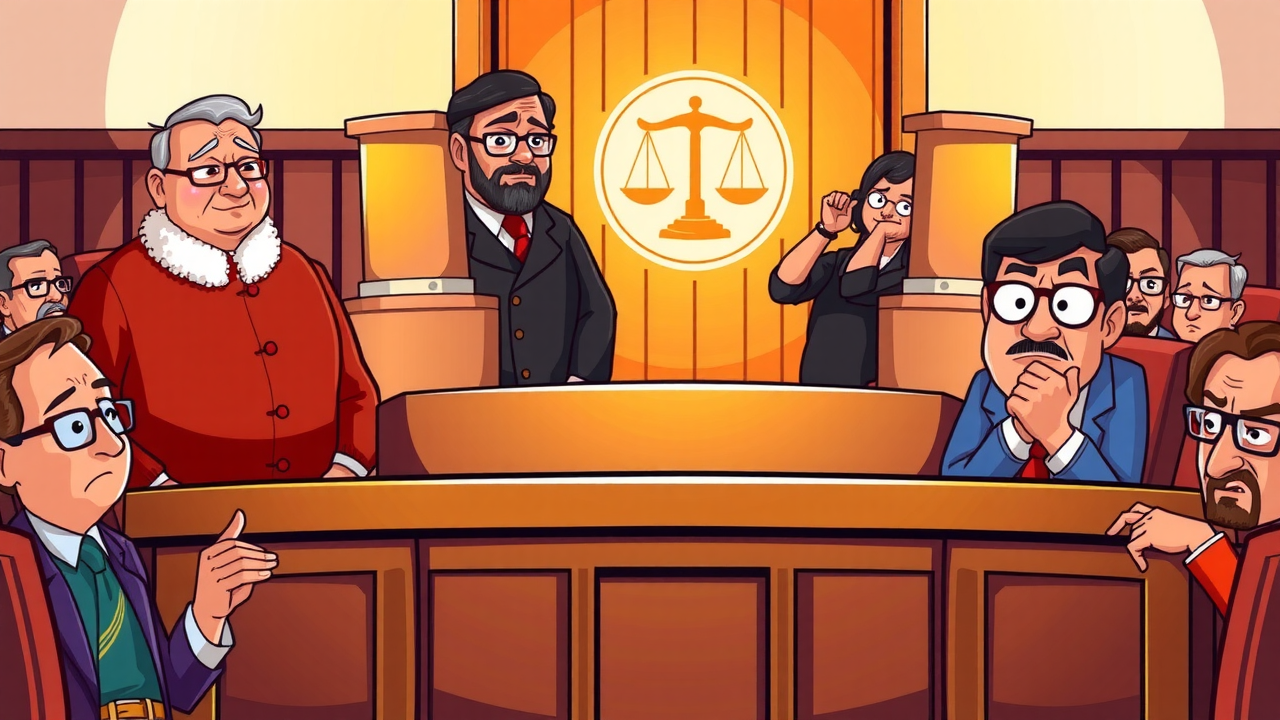In a significant ruling, the Supreme Court of India addressed civil appeals filed by former Uttar Pradesh Roadways employees seeking pensionary benefits. Emphasizing adherence to relevant rules or schemes, the Court clarified that employees under the Provident Fund Scheme and not holding pensionable

In a significant ruling, the Supreme Court of India addressed a series of civil appeals filed by former employees of Uttar Pradesh Roadways, who were seeking pensionary benefits. The Court emphasized that pension can only be claimed under relevant rules or schemes. The bench, consisting of Justices Hrishikesh Roy and Prashant Kumar Mishra, clarified that employees covered under the Provident Fund Scheme and not holding pensionable posts are not entitled to claim pensions. The ruling underscores the principle that while pension is a constitutional right upon superannuation, it must align with the specific provisions governing the employee’s service.
Key Points of the Judgment:
Pension Entitlement:
- The Court stated that pension is a right, not a bounty, and can only be claimed if permissible under relevant rules or schemes.
- Employees under the Provident Fund Scheme without pensionable posts cannot claim pensions.
- The Court cannot issue mandamus to provide pension to those not covered by the rules.
Background and Factual Context:
- 1947: UP Roadways was established as a temporary department of the State Government.
- Employees were appointed on a temporary basis.
- September 16, 1960: A Government Order (GO) established service conditions for Roadways employees, distinct from other government departments.
- October 28, 1960: Another GO under Note 3 of Article 350 of the U.P. Civil Service Regulations provided pension only to permanent employees of Roadways.
- Non-gazetted posts in Government Technical and Industrial Institutions were covered under the Contributory Provident Fund Scheme.
Transition to UPSRTC:
- June 1, 1972: The UP State Roadways Transport Corporation (UPSRTC) was formed.
- July 5, 1972: A GO treated all Roadways employees on deputation with UPSRTC, assuring no inferior service conditions post-absorption.
- April 28, 1982: Rules for absorbing Roadways employees into UPSRTC services were framed, effective from July 28, 1982.
Court Observations and Decision:
- The pension entitlement was governed by the GO dated October 28, 1960.
- The appellants did not establish that they held permanent or pensionable posts.
- Most appellants were neither permanent by any express order nor holding pensionable posts.
- Article 350 Note 3: Despite amendments, this note remained unchanged, excluding Roadways employees from pension eligibility.
- The court dismissed claims citing Allahabad High Court decisions, noting the factual differences in employment status.
High Court and Supreme Court Rulings:
- High Court rejected the appellants’ pension claims, upheld by the Supreme Court.
- Appellants promoted to pensionable posts after 1982 were also denied pension benefits.
Appeals and Final Judgments:
- Appeals by UPSRTC against High Court rulings favoring certain employees were allowed.
- Employees promoted post-1982 to pensionable posts were not entitled to pension.
- The decision of the High Court in favor of the Roadways Karmchari Sanyukta Parishad, Uttar Pradesh (RKSP), was set aside.





